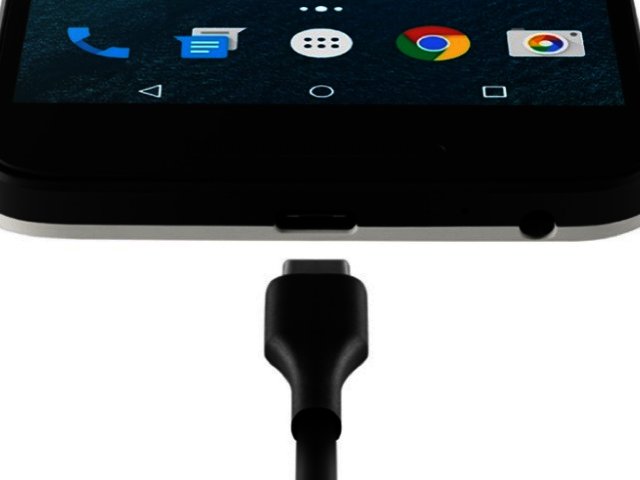Fast charging with USB-C won't melt your battery according to Qualcomm
By Robin-Leigh Chetty 25 April 2016 | Categories: news
USB-C. It's fast becoming the new standard as far as ports go. The technology is currently one of two slots available on the new 12" MacBook (the other is a headphone jack), as well LG's new G5 (review) and the HTC 10. While it's clearly the direction the manufacturing industry is heading, there are some concerns with how the standards for USB-C mix with the fast charging tech that newer smartphones sport. According to Google's Benson Leung, the specifications of variable voltage applications like Quick Charge 3.0 (QC3.0) are strictly forbidden for USB-C. Qualcomm, however, has looked to quell these concerns in a statment given to Android Central.
It told the website that its own Quick Charge "is designed to be connector-independent." Adding that it, "supports a variety of connectors, including USB Type-A, USB micro, USB Type-C, and others. When an OEM chooses to implement Quick Charge into their device, they can configure the voltage to fit within the specifications of the USB Type-C standard." Furthermore, Qualcomm's statement went on to note that no reports have been submitted regarding device malfunction issues from fast charging, with or without the USB-C port, to date.
While Qualcomm seems to have addressed any issues, Engadget says their word on the subject should not be taken as gospel. Specifically as the company does not mention whether OEMs utilising the QC3.0 technology are indeed honouring the specifications for USB-C. As such, smartphones with USB-C, like Google's Nexus 5X and 6P, do not feature QC3.0 as they still have lingering concerns about the technology.
It is, however, important to note that LG and HTC's latest flagships aren't in any danger of melting, but rather that consumers should do their homework regarding USB-C and fast charging on their next purchase.
Most Read Articles

Have Your Say
What new tech or developments are you most anticipating this year?



